MPUA's spokesman recently opined regarding a recent Missouri Supreme Court rejection of an appeal of the MO PSC's decision to issue a permit to Grain Belt Express.
This decision sends a strong signal to the state legislature that the project has the constitutional basis to proceed with a wind energy transmission line through Missouri,” according to Kincheloe.
“We would also hope that this helps convince legislators that we will prevail in the courts if they attempt to block the project. Clearly precedent is on our side on this one and this Supreme Court decision demonstrates it,” Petty said.
Separation of powers is a doctrine of constitutional law under which the three branches of government (executive, legislative, and judicial) are kept separate. This is also known as the system of checks and balances, because each branch is given certain powers so as to check and balance the other branches.
Let's stop and ponder this... the decision of the court is based on EXISTING law. It's not based on hypotheticals of passing new laws. When a court determines that an existing law does not do what the legislators want it to do, it is up to the legislators to make a new law.
And that's exactly what they plan to do as soon as the legislature goes back in session.
“Quite honestly, I’ve been focusing on keeping the power on in the wake of the coronavirus crisis,” said Petty. “I’m not sure where things are in the Senate. Hopefully, this Supreme Court ruling will be something they use as guidance.
In the court decision, the standard of review was whether the PSC had the authority to approve the project under the existing statute. The court found that it did. The court also had to determine whether the PSC's action was reasonable; that is whether it was based on substantial evidence. The court found that the PSC's decision was reasonable. The court also found that GBE met the definitions of "electric corporation" and "public utility" under existing laws. However, if the law changes, all that goes out the window. If the law prohibits the PSC from issuing a permit to a certain entity (such as a merchant transmission project as defined by the law), then all those prior findings fail at their source... whether the PSC has the statutory authority to approve the project in the first place. If the PSC has no authority to issue a permit, none of the rest of it matters. There are no constitutional issues here.
Full steam ahead at the legislature!
Earlier this year, the Missouri House of Representatives passed by a 118-42 a bill sponsored by Rep. Jim Hansen, R-Frankfort. His bill will prohibit developers of the 4,000-megawatt high-level transmission project from forcing landowners to sell property.
“This bill protects the rights of landowners in Missouri,” Hansen has insisted in sponsoring the bill.
The Senate also is expected to support the bill along party lines. Petty has urged Kirkwood residents to contact legislators and express their concern over the statehouse blocking the new green energy source.
This editorial masquerading as news is an untimely bit of propaganda based on a misreading of the law. Legislators are not constrained in any way against the making of new laws. Trying to convince them that they are is misinformation.
Be ready to go when the time is right, folks! Defeat of GBE is still a very real possibility!

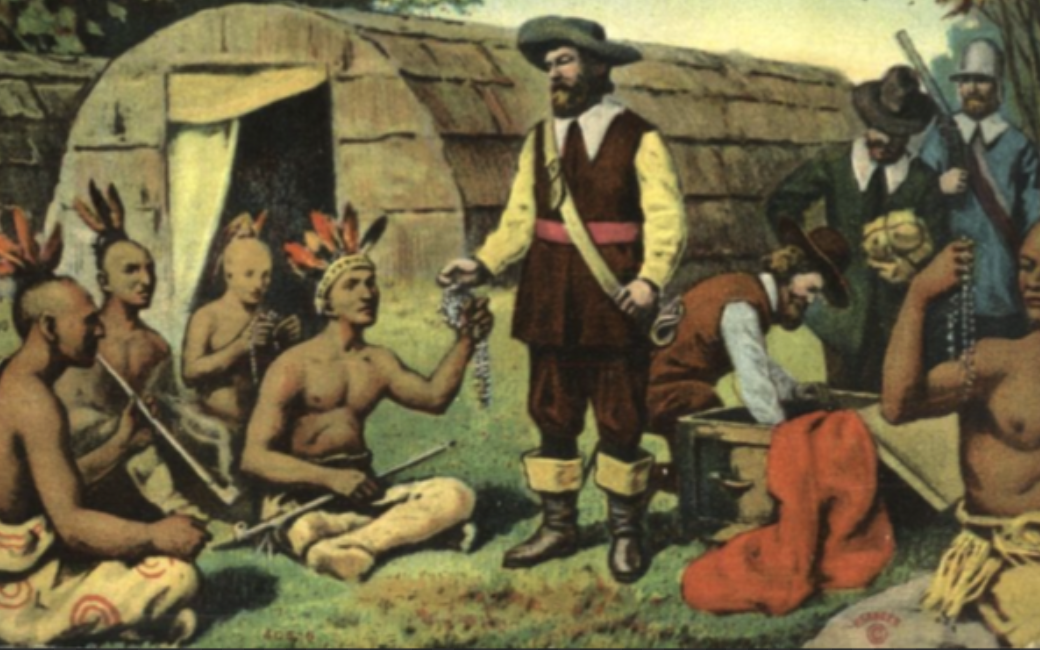

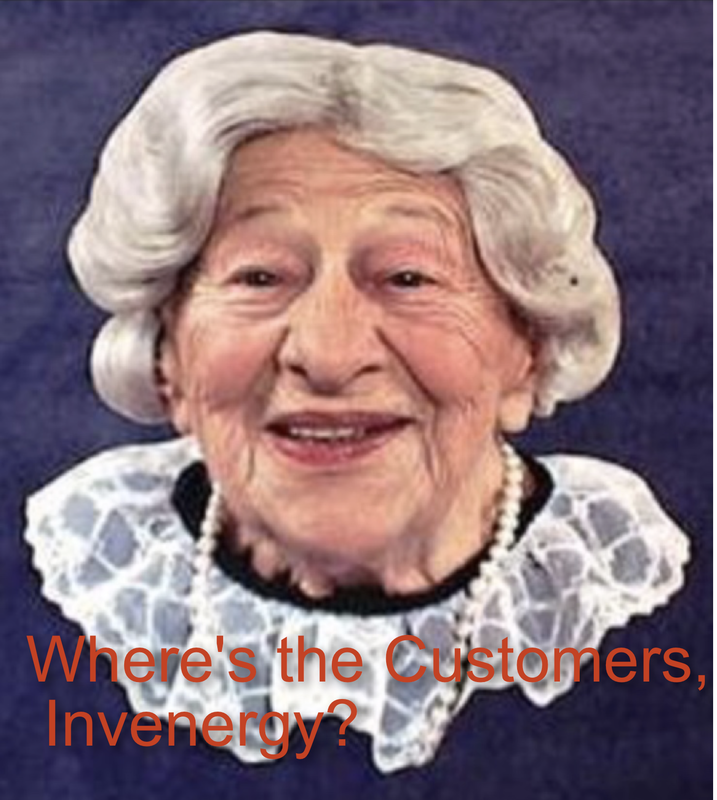
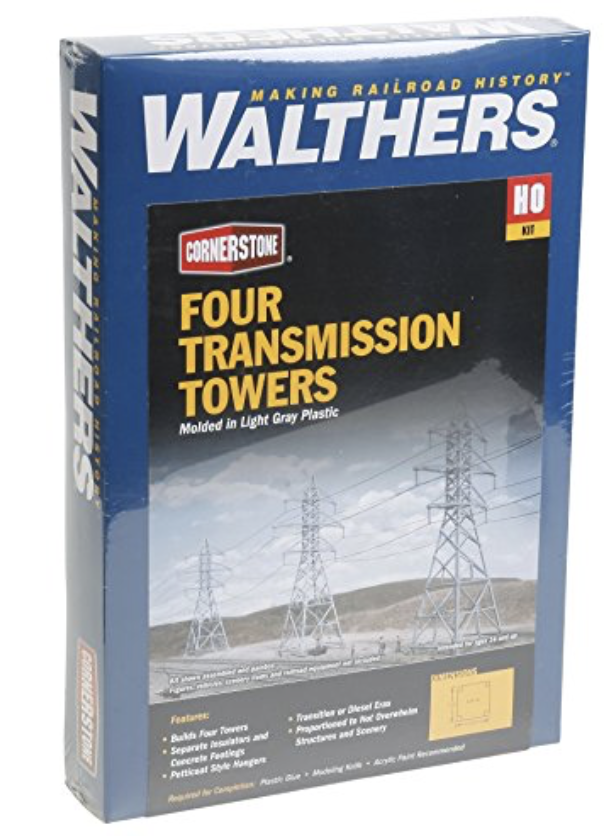
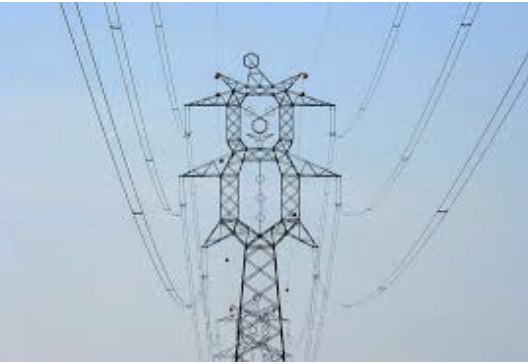
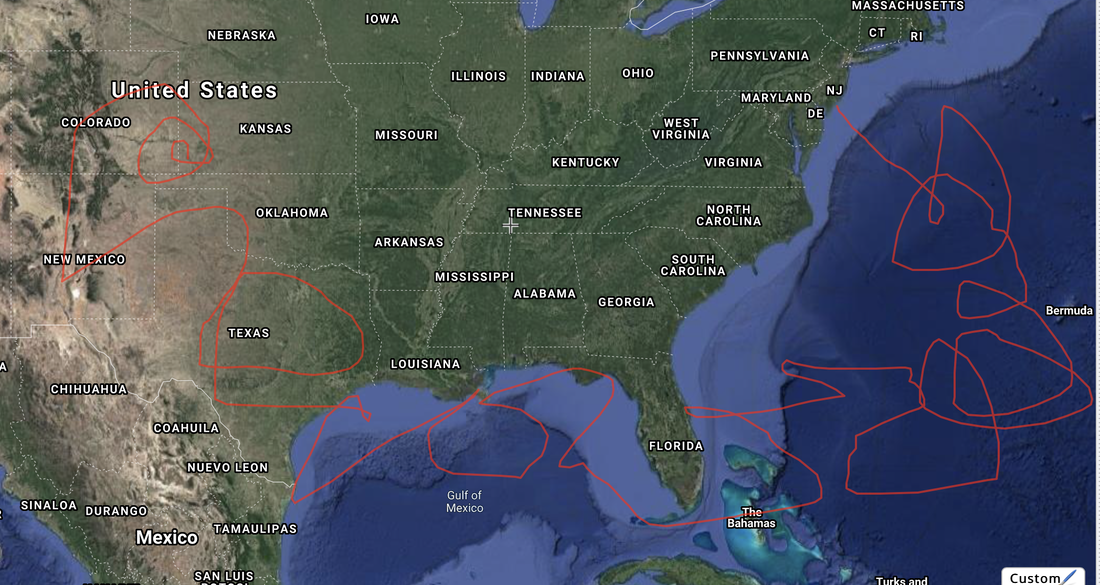
 RSS Feed
RSS Feed